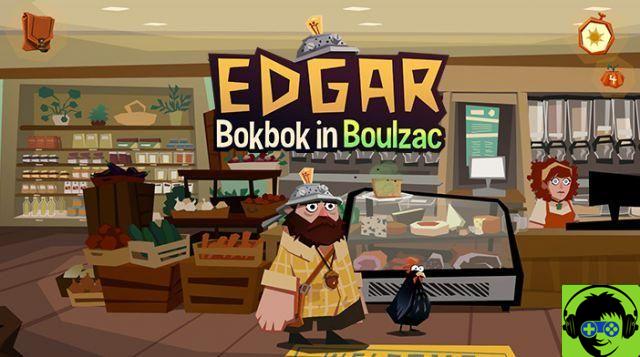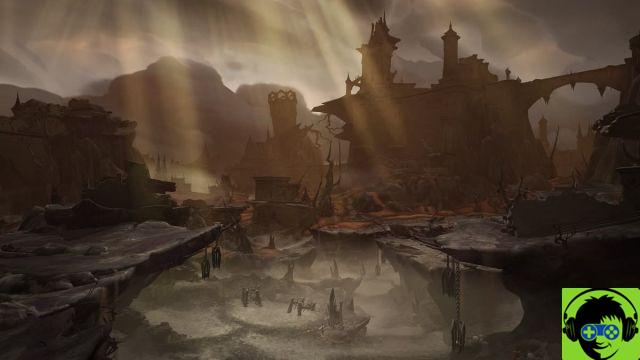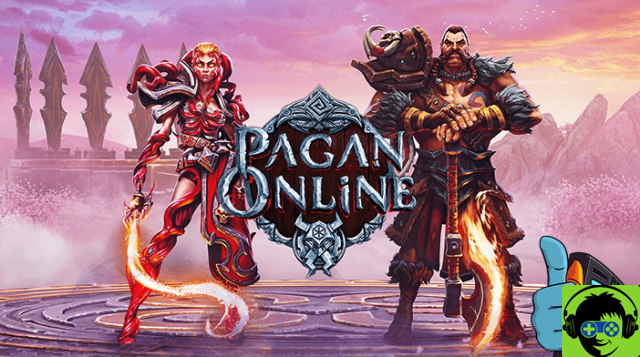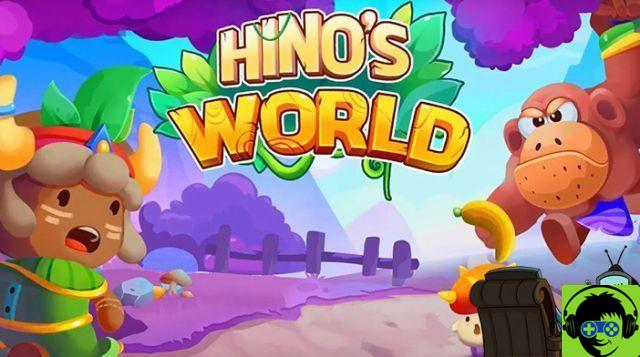The confinement, which is spreading around the world as if it were the wake of comet Covid-19, will have profound consequences in our society and culture, as well as addressing our loneliness and frailty in the face of disease and death.
There will be many activities that will not reopen, couples who did not know how sick their relationship was, adults and children forcibly isolated without understanding exactly the gravity of what is happening out there ...
On a personal level, we have all been forced to look at ourselves and think about what we want to do now that we are alone with ourselves, even when we live with other people.
Some face these weeks with the firm intention of seeing all the series, films and documentaries that time, sight and sleep allow, others will inaugurate a daily cleaning ritual that occupies their time, there will be people who take the opportunity to develop their great passion, now that they don't have to spend hours every day going to and from work. and surely there are some who are developing a business plan to break away from a life that doesn't make them happy and try another combination.
A long tradition that is dying
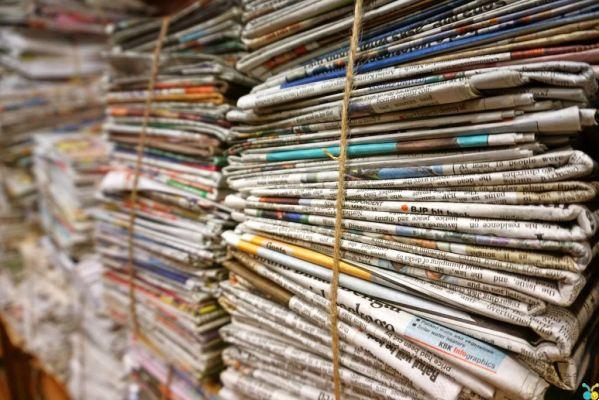
The press comes from a time when news traveled slowly and had little impact on the daily lives of citizens, or was a certification of something that was dictated by its very nature.
The passion to know what happens elsewhere, to share opinions and provoke reflections so as to be able to draw lessons for subsequent occasions, was spreading through a print media - also thanks to the advertising that helped to finance the growth - unstoppable, to the point of becoming the reference.
The arrival of radio and television has reduced the interest of the daily news and has increased the development of opinion sections, tribune, debate, etc.
The emergence of the internet and the arrival of the digital generation, citizens born in a hyperconnected environment where everything is recorded, transmitted and disseminated almost immediately, has made newspapers disinterested in them (disenchantment with society and sad prospects to receive, added to the belief that nothing or almost nothing they can do to change things, it doesn't help either).
Like a climbing plant, this habit of getting information via the internet has grown for centuries, occupying more and more the space that in another era was reserved for paper.
Chronicle of a death foretold
Everybody knows that newspapers die, including the publishers themselves.
To the death of the physical support for music, to the analogous agony of the book (although its timeless nature places it on a different level from the everyday, as the name suggests, perishable), to the mutation of live radio into deferred radio (via the podcast) ... the newspapers have faced each other trying to support their structures based on having the same channel also on the internet, but treating it as a second-rate citizen.
The Internet does not function as a physical medium, the information is not protected by copyright. For each news agency there are one thousand, ten thousand, one hundred thousand, citizens who count what they have seen, through direct channels, without filters.
Indeed, it is no longer strange to see on the news how they use these citizen resources to illustrate news for which they have no better material.
I will never understand how these great publishers did not launch like a hurricane to make the newspaper that the new generations were asking for, instead of continuing to replicate the terminal model of the paper.
For example, the Italian government has already approved aid for newspapers and newsstands, trying to alleviate this consumer crisis.

A matter of habit
For many, reading the newspaper is a habit, it is part of a ritual, at breakfast, at the bar, in the bathroom, after eating ...
Once that custom is broken, you can no longer go out to buy the newspaper, you cannot receive it at home, you cannot go to the bar ... and with the urgency of the updated data of the pandemic, of the continuous patches of the Government in the adoption of the measures (I prefer not to enter into the subject), etc. television and the internet have definitely won the preferences of users.
How many people will learn to live without newspapers, or once they get back to normal, they will have found that they no longer need them in their lives?
After all this time that they have been living "on loan", knowing they needed a revolution or were going to hell, like so many other sectors, they could receive a sentence imposed by reality.
If I were a payroll journalist (and maybe trapped in an ERTE), I'd be quite restless, because - for the world of the daily press - this could be your last act.
When we return to real life, we may find that we no longer need the newspapers.
Years ago I was told that the solution they were contemplating was to stop being newspapers and become newspapers (weekly, fortnightly ...) even though that would have greatly blurred the boundaries with magazines - something that most newspapers already incorporate into your usual offer.
It would not be strange if after this phase there were new editorial concentrations that reduced the number of newspapers and concentrated advertising investments.
Personally I would like it to happen to football too (which you can live without watching matches every day of the week), but I suspect I won't have this luck.










![Interview with Tom Hanks [Update I and II]](/images/posts/3a79ddab0e3f62d2832d74af31daff7b-0.jpg)
